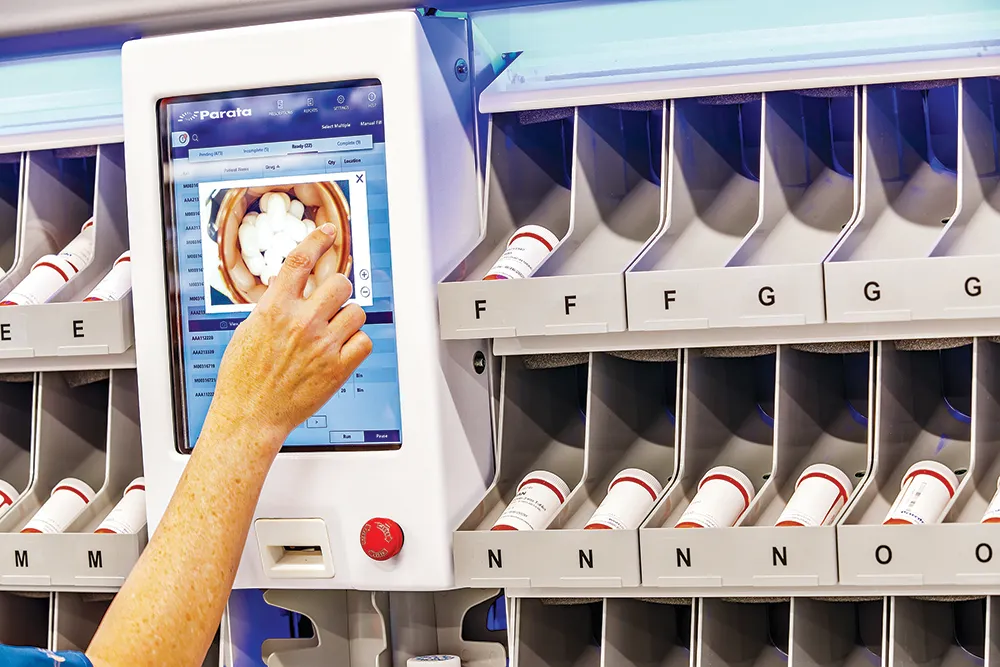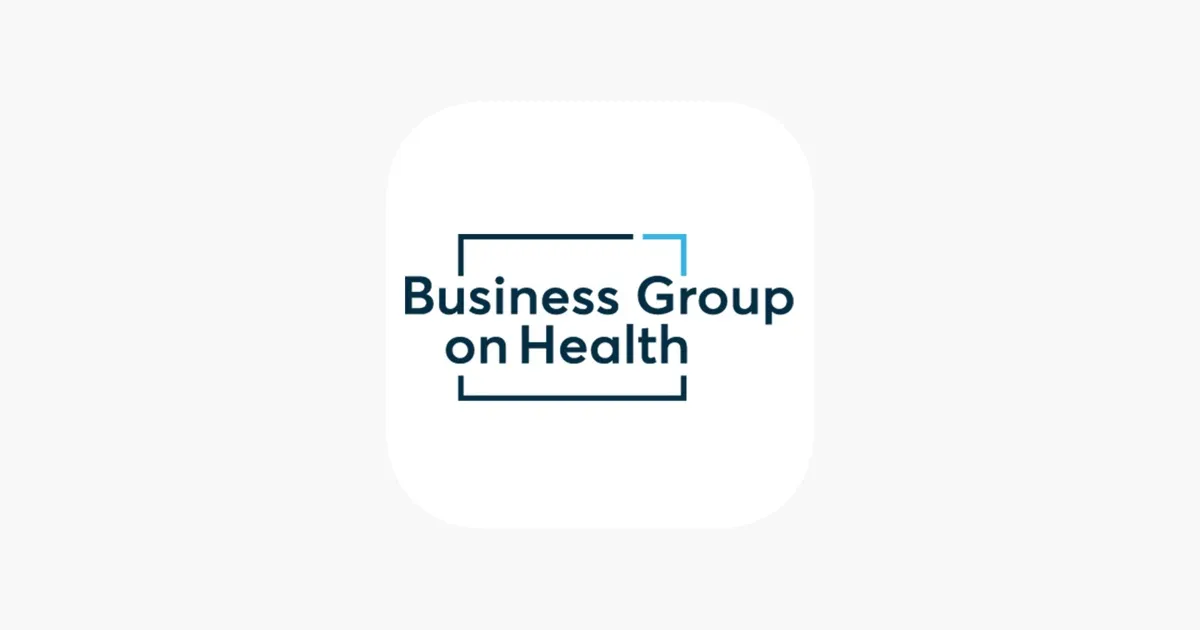The U.S. Department of Labor reported hospitals in 2022 endured 22% staff turnover rates, hindering efforts to implement individualized patient care plans.

Deepak Borole
As the health care industry seeks resources to rebound and elevate patient care, industry experts have cited patient medication nonadherence as a major roadblock taxing the health care industry’s efforts to individualize care plans and reduce expenses. Patient noncompliance may appear superficial, but medication adherence remains critical to creating successful, individualized patient care plans.
The National Center for Biotechnology Information reported medication nonadherence costs the health care industry $100 billion annually. To counter its multitude of challenges, the health care industry has continued to embrace and implement tech-based solutions to optimize processes.
Artificial intelligence (AI) developed and implemented by experts can enable new paths toward elevating patient care and reducing expenses for the U.S. health care system. As the industry continues seeking new strategies, its ongoing collaboration with tech solution providers has yielded demonstrative success, and specifically focusing on medication nonadherence, AI is a compelling new resource to transcend this costly challenge.
Medication adherence remains a major roadblock
Medication adherence remains a major roadblock for the U.S. health care industry. Officials attribute the growing cost of medication to nonadherence, and a survey conducted by Kaiser Family Foundation reported 82% of Americans feel prescription drug costs are “unreasonable.”
The Patient Access Network Foundation (PAN), a U.S. nonprofit, echoed the “unreasonable” sentiment by stating that 64% of the most economically vulnerable populations do not take required medications due to costs, posing a significant financial burden on their budgets. With the PAN Foundation reporting morbidity and mortality associated with poor medication adherence costs of $528.4 billion annually, what responses will improve patient medication compliance?
AI-driven solutions to boost medication adherence
AI remains a compelling, cutting-edge resource for numerous industries. Within the health care and pharmacology sector, AI enables seamless access to a patient’s medication history via connected electronic health records (EHRs) to provide patient medication monitoring in real time, proactively alerting clinicians when a patient is required to take medication and when a patient engages in medication consumption.
Health care providers can collaborate with software solution providers to create personalized patient platforms accessible through a connected device to offer patients an intuitive program that communicates medication history, dosage instructions, side effects and reminders.
Software developers utilize natural language processing (NLP) to promote patient engagement by creating a more interactive medication reminder platform, which can feature positive “reinforcers” that praise users for medication compliance. This can prove especially valuable when paired with younger patients or special needs patients with behavior plans that include rewards for medication compliance.
AI-driven solutions can be built by software development experts incorporating key capabilities, such as predictive analytics. This versatile resource utilizes data sets and processes error-free conclusions to create forecasts of future outcomes. Predictive analytics enables health care providers a unique insight into patient behavior within patient medication compliance. It alerts them to which patients would struggle with medication adherence based on customized parameters developed by software designers. Health care providers armed with proactive patient data and insight would be able to create and implement more successful, individualized treatment plans using data-driven decisions.
AI solutions can also dramatically decrease the cost of drug development that can be passed on to the patients.
In clinical trials, AI platforms can instantly review this data, allowing researchers to see trends and decide how to move forward. Some experts say drug development using AI can cut costs by one-third or even more.
Better drug development, safer and better-designed clinical trials, and better patient outcomes at reduced costs can help increase medication adherence.
Modernizing medicine with AI-driven solutions
The health care industry continues embracing innovative tech-based resources to counter staffing shortages, reduce expenses and enhance individualized patient care plans. The Biden administration has recognized the value of AI and capitalized on the tech’s recent boom by allocating $140 million for its research and development. Tech resources deployed within health care continue to modernize medicine, helping the industry reach its goal of outcome-based health care, which uses patient satisfaction and long-term treatment remedy as key metrics for success.
Medication adherence remains a critical component of treatment plans. With the deployment of AI-based resources, health care providers can work to close the gap of medication nonadherence that continues to increase U.S. health care expenses and patient mortality rates.
Deepak Borole is a project manager at Chetu, a leading developer of world-class custom software solutions, where he oversees health care, pharmacy and pharmaceutical portfolios.







